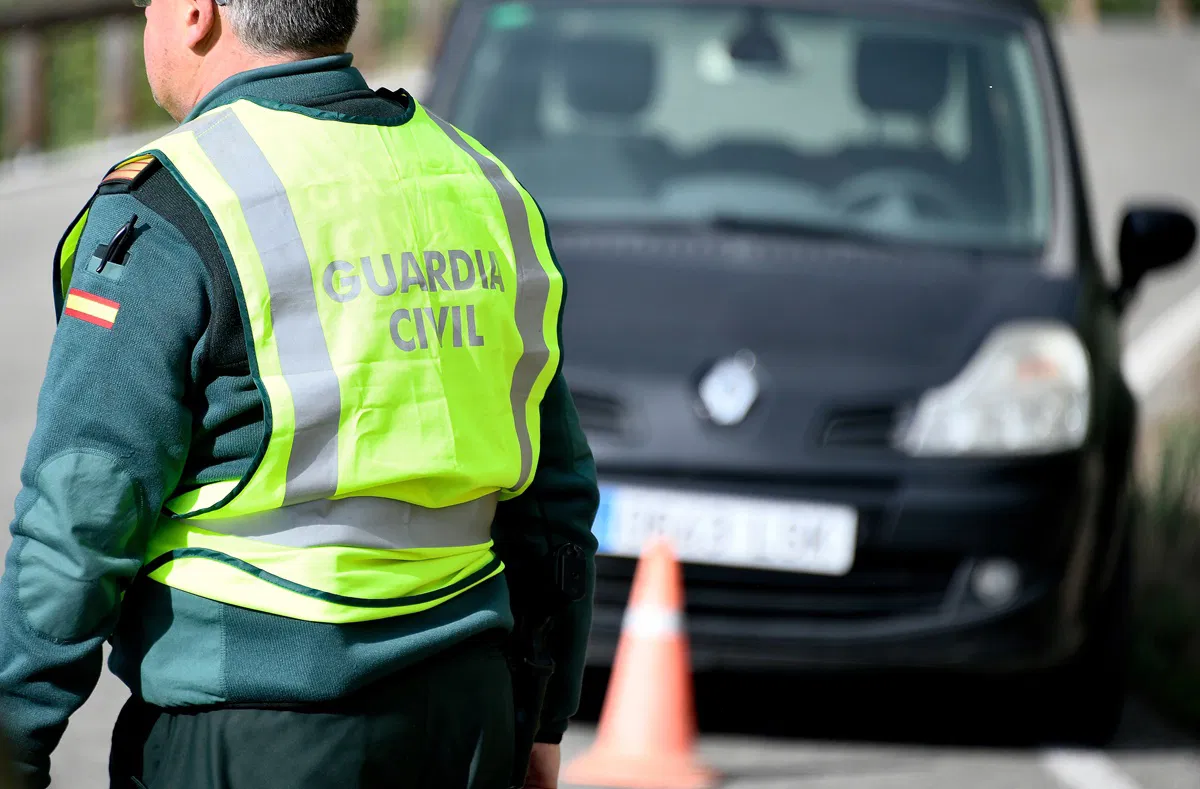Copyright euroweeklynews

If you live in Spain long enough, you start learning the rules of the road the same way you learn where to find ripe avocados at the supermarket – through trial, error, and the occasional shouted reminder from someone who has clearly been doing this longer than you. Most expats know the basics by now: stick to speed limits, don’t touch your phone, don’t skip seatbelts even on short trips, and for heaven’s sake, do not have that “just one drink” and drive. Spain is strict – and openly so – when it comes to road safety. But here’s what many foreign residents don’t realise: while the standard maximum traffic fine is €500, there are situations – surprisingly common ones – where the penalty jumps from a painful €500 to an eye-watering €20,000. Yes. Twenty. Thousand. Euros. And no – we’re not talking about police inventing new rules or punishing tourists. These fines are already written into Spanish law, under the same legal framework that governs your everyday driving tickets. So let’s break this down clearly, calmly, and with less panic than the number “€20,000 fine” naturally provokes. The fines most drivers actually face The DGT (Dirección General de Tráfico) sets three basic traffic fine levels across Spain: These are the penalties most drivers deal with if they slip up. Expats who move here often compare Spain’s driving laws to the UK or Ireland and conclude that Spain is simply stricter and more uniform, especially regarding alcohol. Above 0.25 mg/l of alcohol (or 0.15 mg/l for new or professional drivers): €500 + 4 licence points Above 0.50 mg/l or any trace of drugs: €1,000 + 6 points That’s not the worst of it. If police determine that the driver is actually impaired, the offence becomes criminal under Article 379 of Spain’s Penal Code. That can lead to: A driving ban of up to 4 years A fine imposed by the court Or even up to 6 months in prison The Spanish system is built on one clear logic: If you’re putting other people in danger, expect consequences. But none of this explains the €20,000 fines. For that, we need to look beyond how you drive – and into what you do to the road itself. So Where Do the €20,000 Fines Come From? Under Article 80.2(d) of the Spanish Traffic Law, the biggest fines are reserved for situations where road safety is put at risk in ways unrelated to driving behaviour. These can include: Carrying out works on the road without authorisation Damaging, removing, covering, or tampering with road signs Leaving objects or residue on the road that could cause accidents Causing harm to the road surface, barriers, or safety elements In these cases, the fine can range from €3,000 to €20,000. These incidents may sound unusual, but they can apply in real-life, everyday situations, such as: A business placing unauthorised advertising signs on a roundabout A homeowner blocking public road access while renovating A driver knocking down a sign or barrier and leaving without reporting it A DIY enthusiast dumping building materials where they shouldn’t And here’s where many expats get caught off-guard: ignorance of Spanish administrative law is not a defence. If the Guardia Civil reports the incident, the fine process begins. And it’s not just car drivers: Motorbikes, cyclists & scooters too If you live in a city in Spain, especially Madrid, Barcelona, Valencia, Málaga or Sevilla, you’ll know how common e-scooters and bikes have become. And their users are not exempt. Cyclists can’t lose licence points (because they don’t need a licence), but they can face fines of up to €200 for: Running red lights Riding at night without lights Cycling on pavements where it’s prohibited Electric scooter (VMP) users can be fined €100 to €200 for: Riding with headphones Using the pavement Riding without a helmet where required And if a scooter rider tests positive for alcohol or drugs, the exact same fines apply as to drivers – up to €1,000. Whether you’re on four wheels, two wheels, or an electric plank with handlebars, the DGT wants everyone to follow the same principle: Don’t endanger others. What’s the intent behind all this? Spanish officials are blunt: The goal is prevention, not revenue. The highest fines target behaviour that increases the risk of: Fatal accidents Road obstruction Public infrastructure damage Spain’s road safety record has improved enormously over the last two decades — and the DGT wants to keep it that way. Bottom Line for Expats in Spain You don’t need to panic — but you do need to know the rules: For normal driving mistakes, the maximum fine is €500. Alcohol and drug-related offences escalate quickly – to €1,000 or even criminal court. The €20,000 fines only apply in very specific cases involving damage or obstruction to public roads. If you wouldn’t do it back home, definitely don’t do it in Spain. And if you ever accidentally damage something on the road? Report it immediately. It could be the difference between a tense phone call with your insurer… and a €20,000 fine. Stay tuned with Euro Weekly News for more news about Motoring



